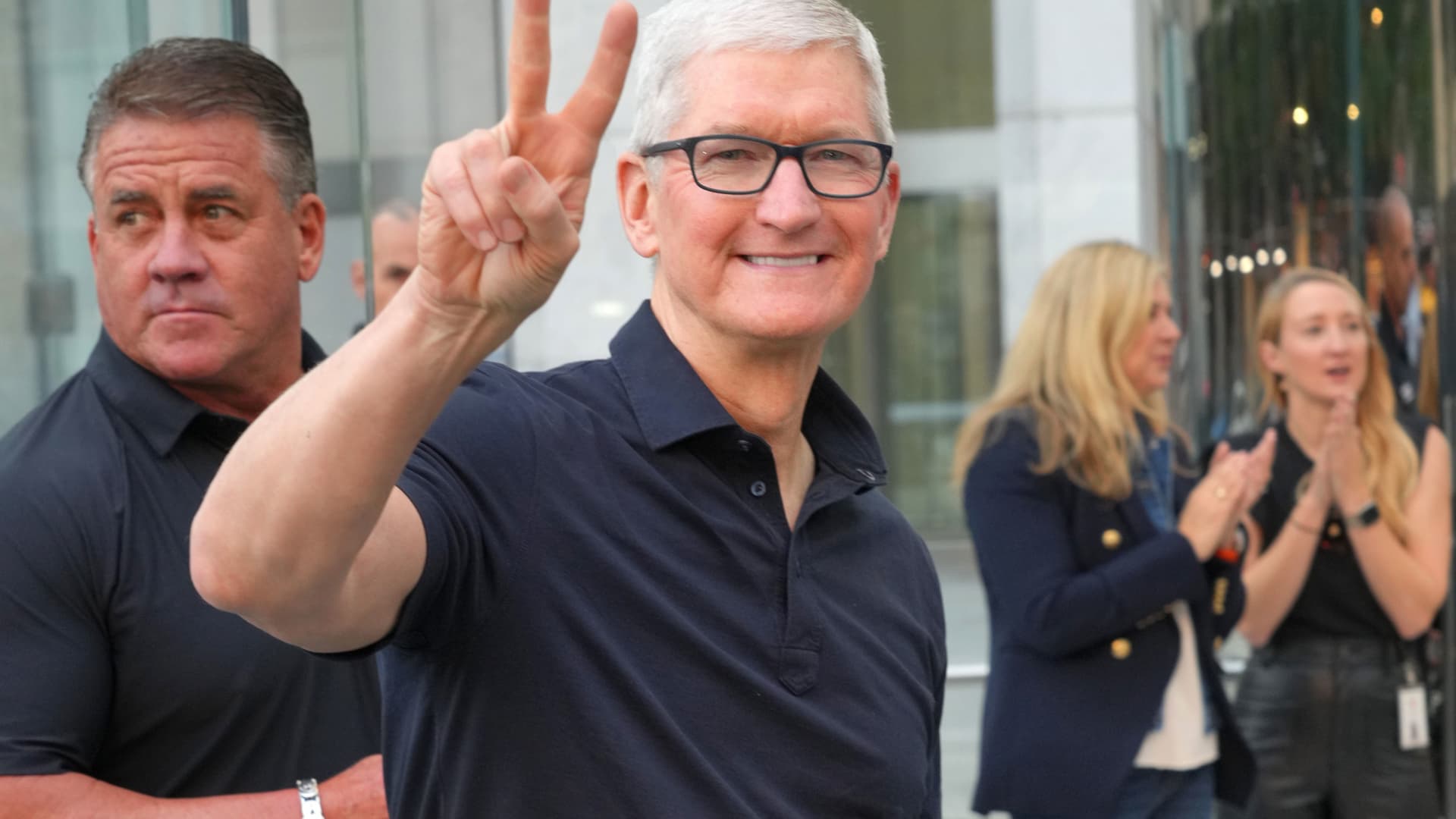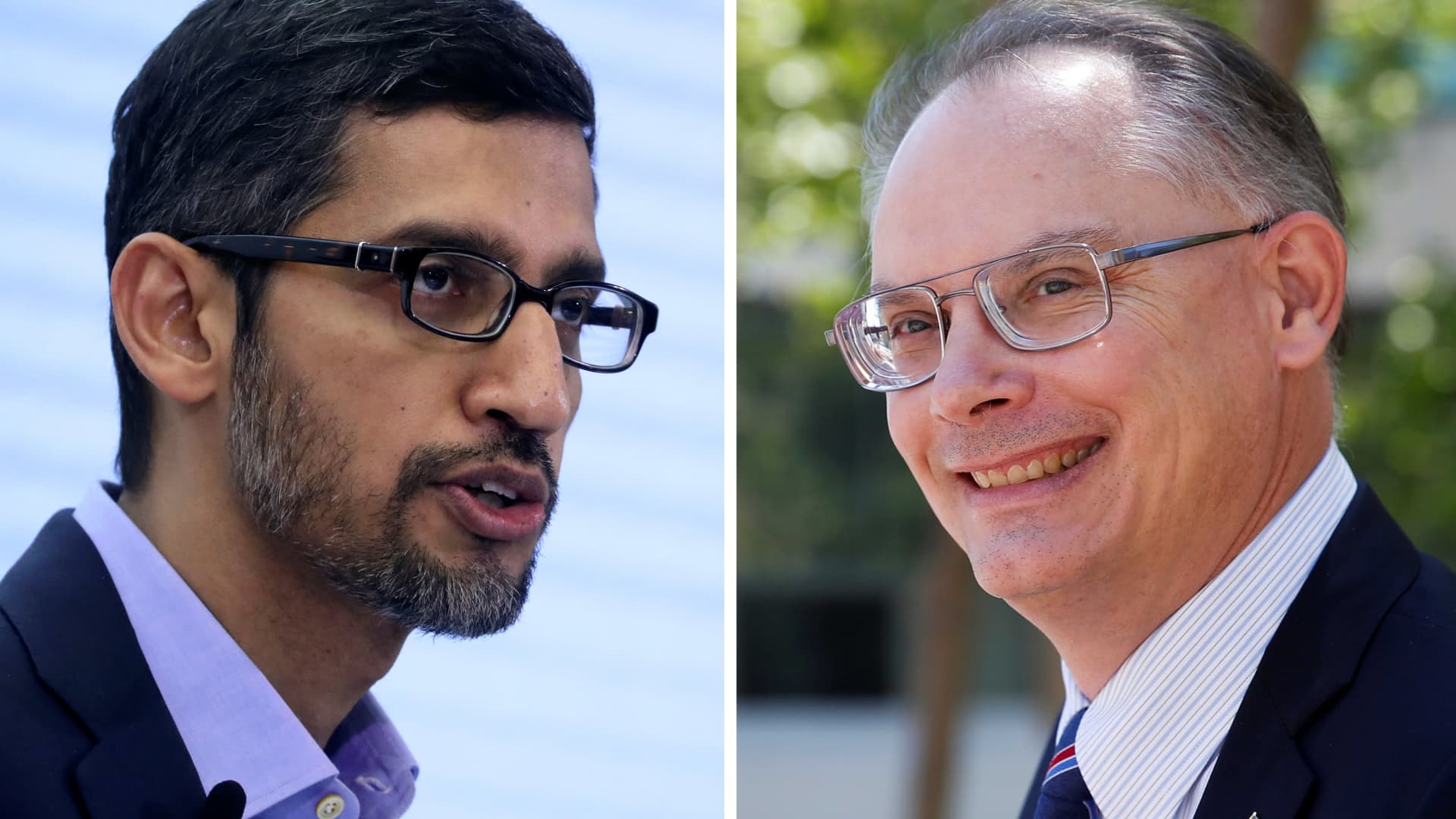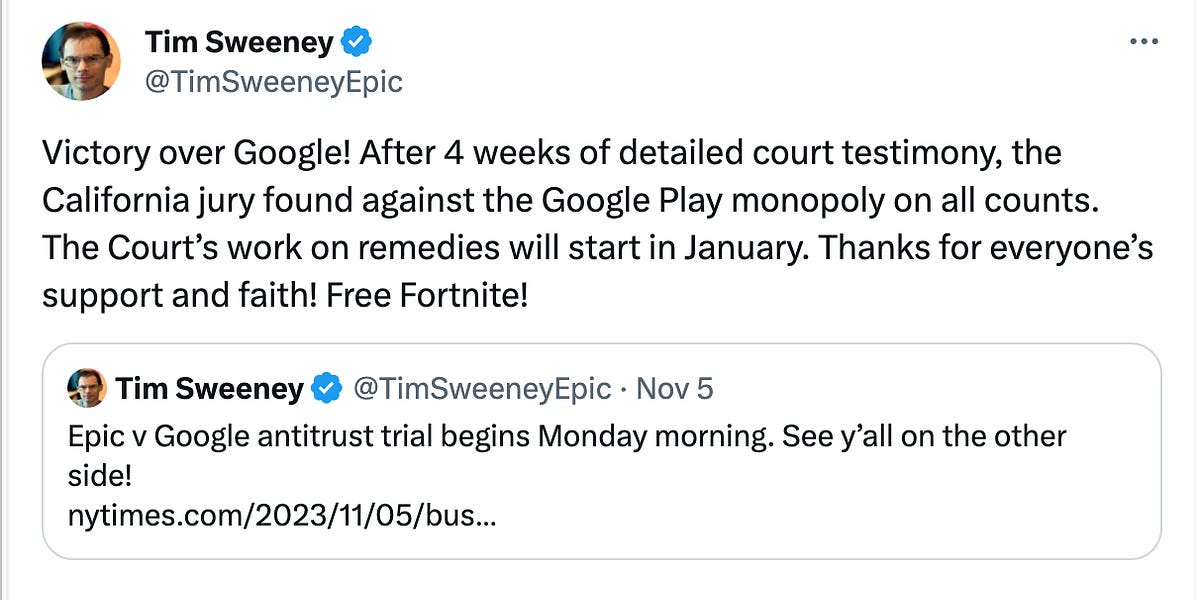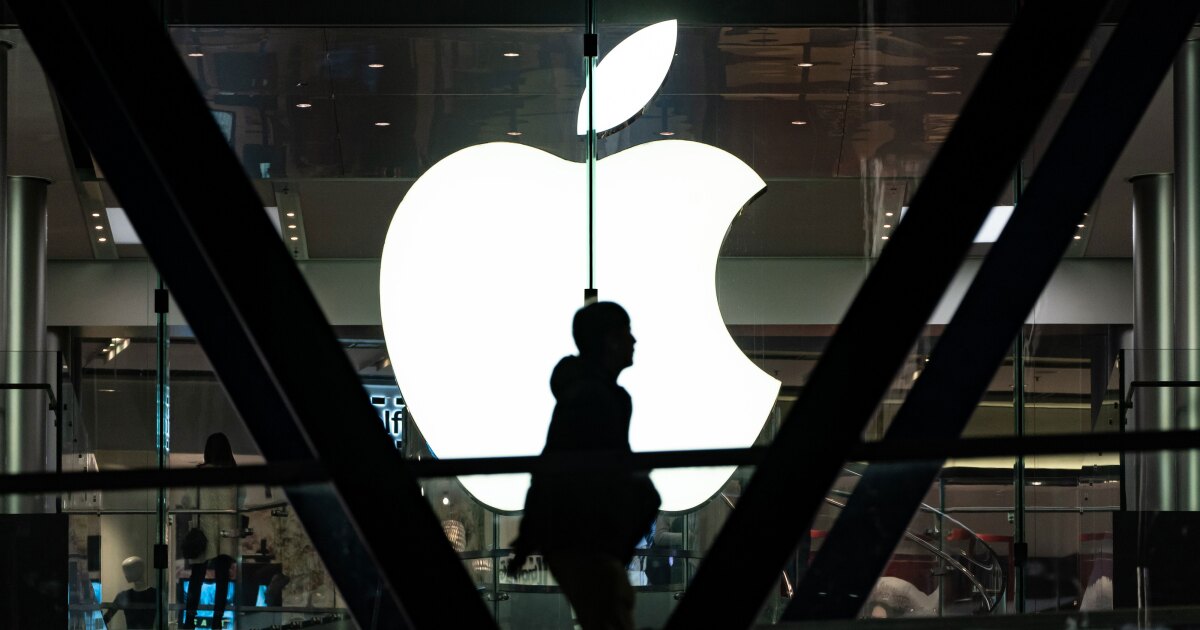An appeals court on Monday mostly sided with Apple over its App Store rules in a suit with Epic Games.
The decision signals that Apple's control over the App Store and the fees it charges likely won't significantly change as a result of an ongoing legal challenge by Epic Games.
...
Epic sued Apple after the game company introduced its own payment system into Fortnite, which broke Apple's rules and ultimately got the company banned from the App Store. It culminated in a weekslong trial two years ago in California where Apple CEO Tim Cook and Epic Games CEO Tim Sweeney testified.
Monday's ruling in the Ninth Circuit Court affirmed the decision that primarily found Apple did not violate antitrust law by banning competing app marketplaces on iPhones.
...
However, the iPhone maker did lose one claim and had to allow developers to place links inside their apps so users could make purchases outside the App Store.
The appeals court did not overturn that decision, which was related to California law, and is the one claim that Apple says was not decided in its favor. Whether the company is forced to allow links to outside payments will be determined in possible future hearings.
Apple said in its statement that it was considering further action, which could include an appeal to the Supreme Court. ...

Apple declares 'resounding victory' after decision reached in Epic Games appeal
An appeals court on Monday mostly sided with Apple over its App Store rules in a suit with Epic Games.
Apple is not a free market zone.



